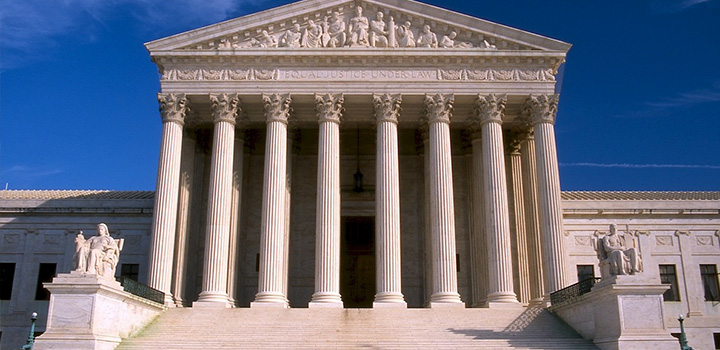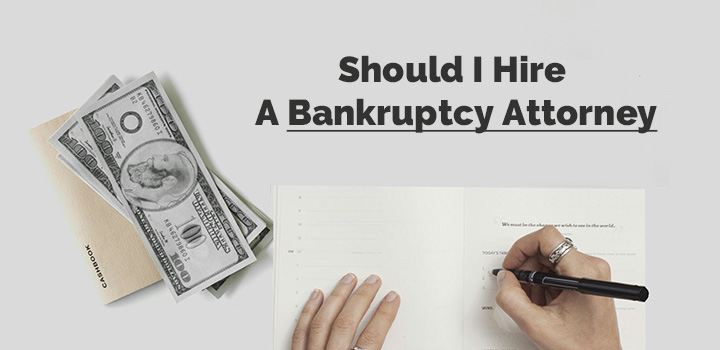Can A Creditor Come After Me If I Co-Signed For A Loan?
The short answer is yes. I see this situation all the time: parents co-sign loans for their children, family members co-sign for each other, and friends co-sign for friends. Then, when the primary debtor stops paying, the creditor tries to collect from the co-signer. At that point, there are four basic ways for the co-signer to handle the debt: (1) dispute it (e.g. because the debt is too old, or because it is unenforceable for some other reason), (2) try to settle with the creditor, (3) file for bankruptcy, or (4) not do anything. The last option should only be used after careful consideration of all alternatives, and generally only if the co-signer is judgment-proof (meaning the co-signer does not have assets that could be taken by the creditor). Of course, there is also a fifth option—to get the primary debtor to pay the debt—but oftentimes the primary debtor simply does not have the resources to pay. Afterall, the likelihood of non-payment by the primary debtor is probably why the creditor required a co-signer in the first place.
Read More →










